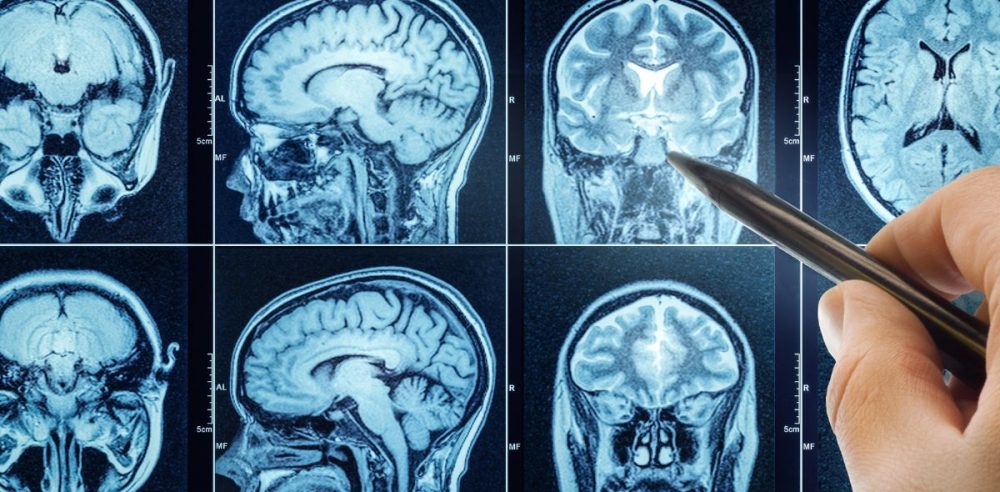A large new study shows that Parkinson’s disease and attention deficit hyperactivity disorder (ADHD) may have a common genetic link.
The findings, published on Oct. 21 in the journal Nature, compiled the results from over 1,000 research labs across 45 countries, using the work of 189 researchers who analyzed the DNA and brains of 74,898 participants of European ancestry.
“There is strong evidence that ADHD and Parkinson’s have a biological basis, and this research is a necessary step to understanding and eventually treating these conditions more effectively,” said Professor Miguel Rentería of Queensland Institute of Medical Research in Australia, principal investigator of the study, in a statement, per Newsweek.
The study concluded that specific brain differences were linked to genetic variations. These variations were found to carry a higher risk for both ADHD and Parkinson’s.
Globally, an estimated 10 million people suffer from Parkinson’s, a disorder with no cure that can affect movement and cognition and result in pain. In 2022, the disease was responsible for taking the lives of 3,091 Texans, the third highest state total in the country.
Across the United States, roughly 7million children aged 3-17 have been diagnosed with ADHD, according to a 2022 survey. That represents over 11% of the entire demographic, with boys recording higher rates (15%) than girls (8%). Notably, as reported earlier this month in The Dallas Express, a quarter of all Americans suspect themselves of having ADHD, though only about half that number ever discuss the possibility with a physician.
The neurodevelopment disorder typically manifests in children but can persist into adulthood. Those with ADHD often have trouble focusing and experience hyperactivity and impulsivity.
“Our findings suggest that genetic influences that underpin individual differences in brain structure may be fundamental to understanding the underlying causes of brain-related disorders,” said Rentería.
Professor Paul M. Thompson of the University of Southern California and principal investigator for the study’s data, says we already know that many brain diseases have a genetic component. However, he says, “from a scientific point of view we want to find the specific changes in the genetic code that cause these.”
“This paper, for the first time, pinpoints exactly where these genes act in the brain,” says Thompson.


